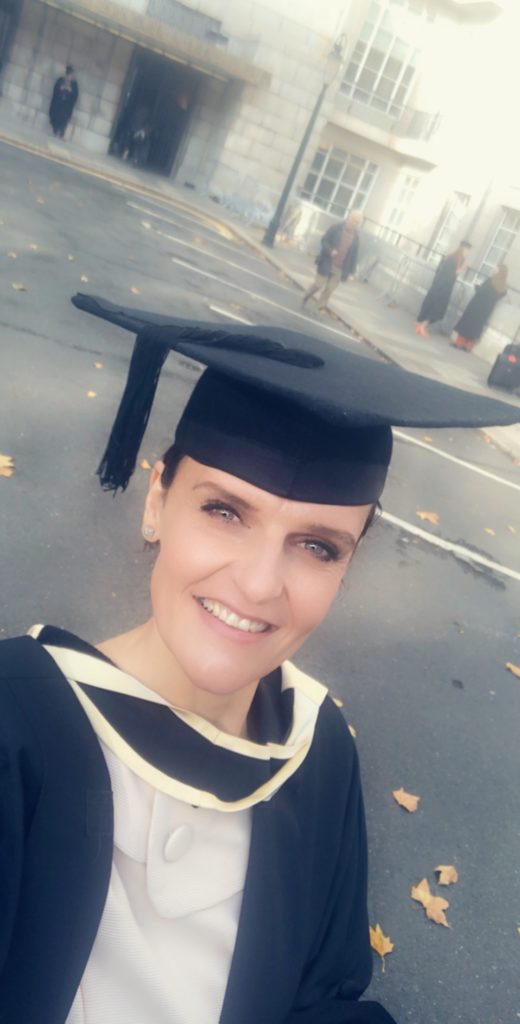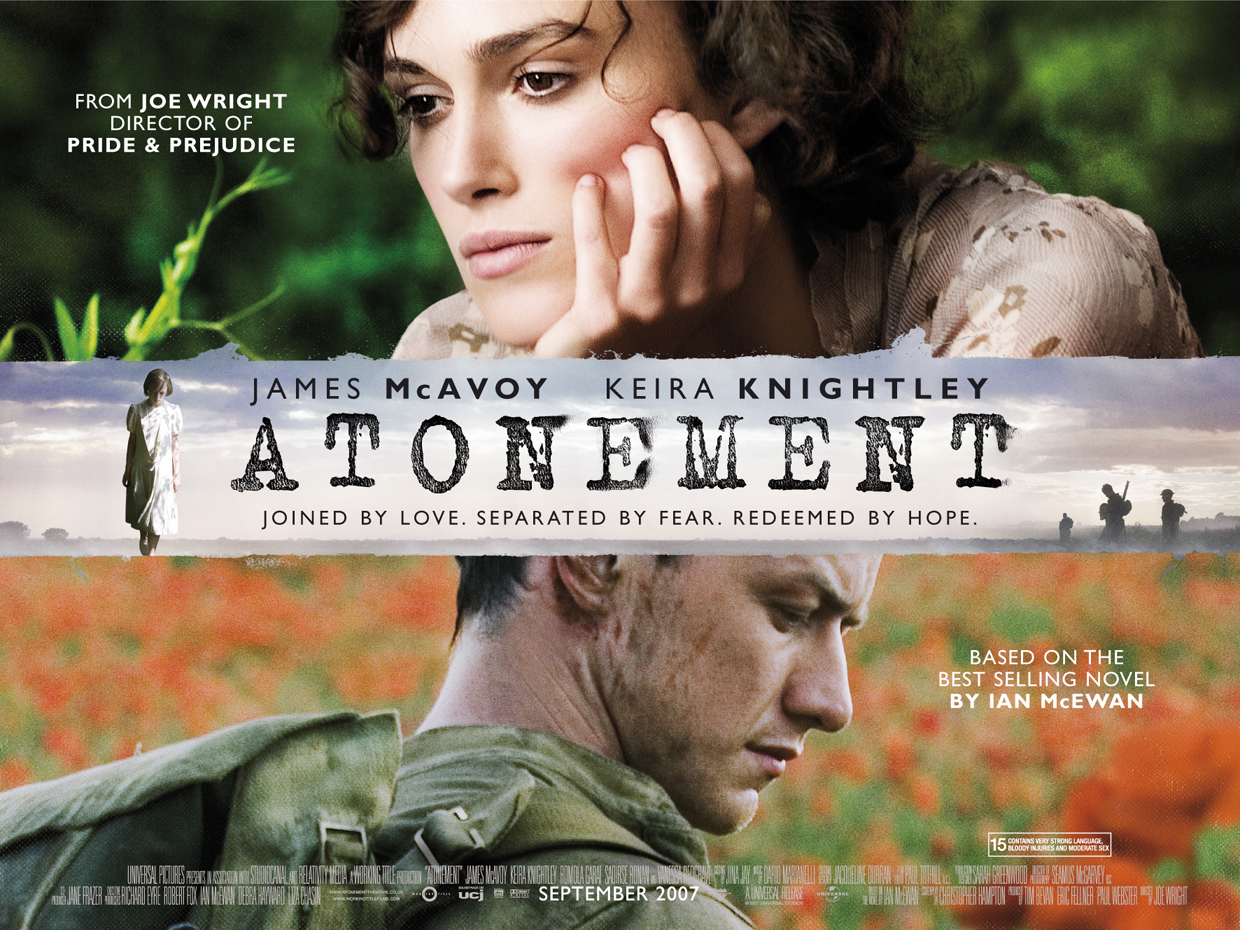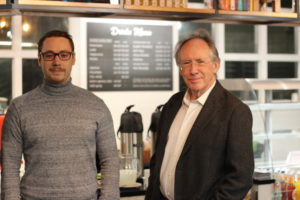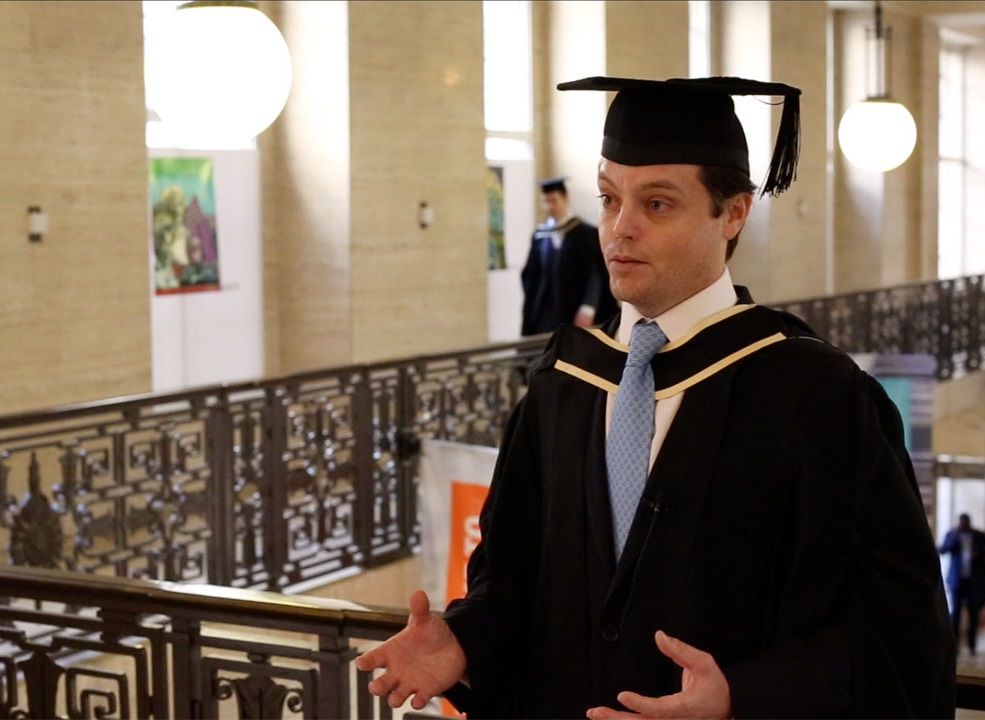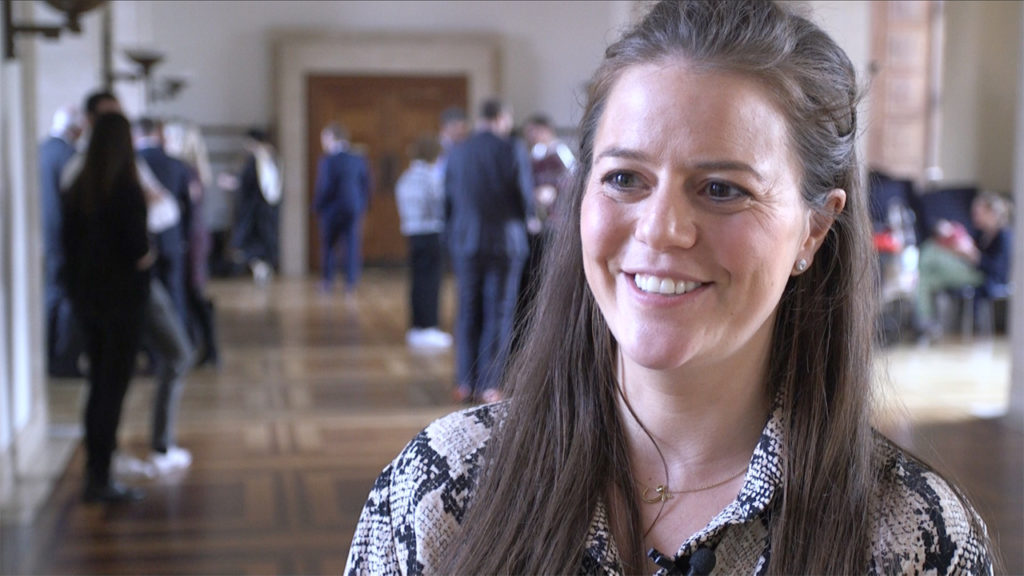When Miroslava Ezel’s teenage son started browsing university prospectuses, she couldn’t resist taking a look as well.
Miroslava Ezel had always wanted to study Mathematics, but prioritising work and family life meant plans for further study were put on hold. Still, while encouraging her son to apply to university, she couldn’t resist taking a look for herself.
Then she stumbled across Birkbeck. “The evening study model appealed to me as I could fit studying around my work and family life,” she explained. “I also felt it would help me meet people a similar age to me – it did, but in reality I’m friends with people of all ages on my course, so I needn’t have worried.”
Miroslava began studying the BSc Accounting at Birkbeck’s Stratford campus, which was conveniently located near her home in Southeast London. She attended academic writing workshops on campus to develop her skills and prepare for full time study. “Coming back to the classroom after a break and as a speaker of English as a second language, I wanted to make sure I was prepared to write an academic essay,” she explains. “I love Maths, so I applied to study accounting, but I became really interested in microeconomics and macroeconomics, so in my second year I transferred to BSc Accounting with Finance.
“I had some fantastic lecturers, like Dr Ike Ndu, who teaches Financial Economics – we loved Ike! Another lecturer also told us “we are not here to fail you, we are here to help you” during exam term, which was really reassuring. I think it’s really important to see your lecturers as people who are there to support you and help you do well.”
Graduating with a first, Miroslava admits to being very strict with herself and prioritising her studies, and with two students in the family at the same time, it was easier to stay on track. She also credits the friends she made through her course for helping her succeed: “We would be great motivators for each other – we knew what we wanted to get out of the experience and we pushed each other to do our best.” She admits that the first day of a new course can be daunting, but has now made friends for life at Birkbeck.
Miroslava’s confidence grew so much through her studies that, before finishing her degree, she had switched careers from retail to banking. Her son graduated from his degree in Law in July, although she had to rush back from the celebrations to sit one of her final exams in the evening!
For Miroslava, studying at Birkbeck has fulfilled a lifelong dream: “I’ve loved every minute of it. I’ve always enjoyed learning, but I never knew before what I was capable of, especially in a second language. When I got here, I realised that age is not a limit: all that matters is knowledge, drive and your desire to prove yourself.”
Further Information:
